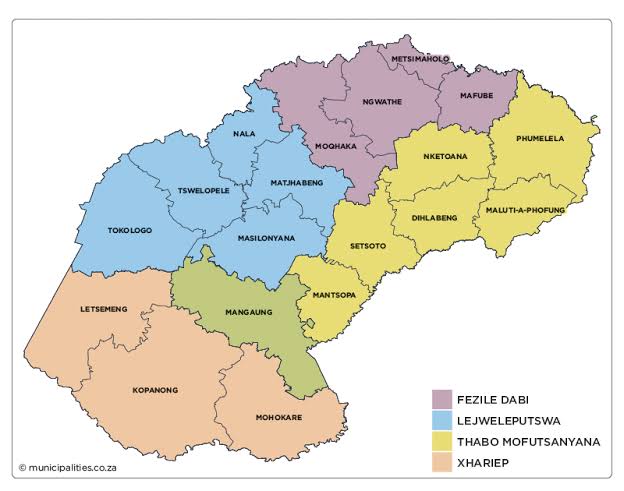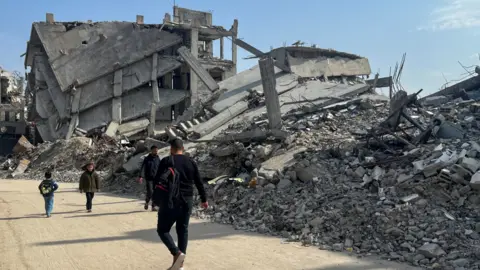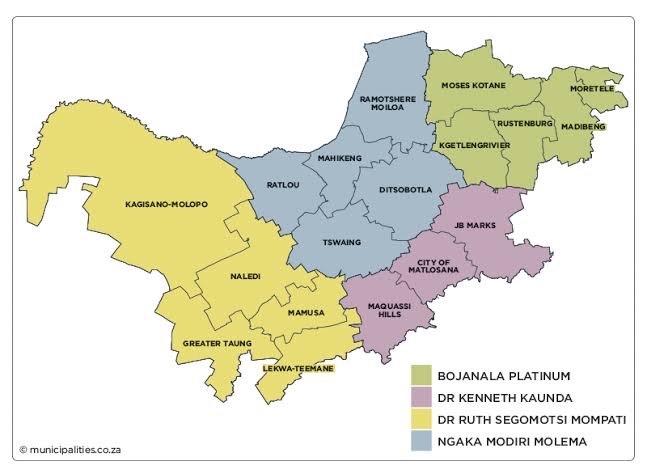On 12 March 2025, South Africa’s Finance Minister, Enoch Godongwana, delivered the national budget speech, outlining the government’s fiscal plans amidst economic challenges. A notable aspect of the budget was the proposed 0.5% increase in Value-Added Tax (VAT) from the current 15%, effective from 1 May 2025. Allocation of Funds in the 2025 Budget
The 2025 budget prioritises several key sectors to stimulate economic growth and address pressing social issues:
Education and Early Childhood Development:
Recognising the foundational importance of early education, the government has allocated funds to enhance early learning centres and improve literacy and numeracy among young children. This initiative aims to address the alarming statistic that over 80% of 10-year-olds in South Africa cannot read for meaning.
Electric Vehicle (EV) Production:
To transition the automotive industry towards sustainable energy, the government has committed R1 billion to support local production of electric vehicles, batteries, and related manufacturing projects. This investment is expected to attract significant private sector funding and position South Africa as a key player in the EV market.
Healthcare:
In response to ongoing public health challenges, the budget includes increased funding for healthcare services, aiming to improve infrastructure, access, and quality of care across the country.
Infrastructure Development:
Significant investments are planned for infrastructure projects, including transportation networks and energy supply, to bolster economic activity and create employment opportunities.
Impact of the 0.5% VAT Increase on Ordinary Citizens
The proposed VAT increase from 15% to 15.5% has sparked discussions regarding its potential impact on South African households:
• Cost of Living: A higher VAT rate will raise the cost of most goods and services, including essential items such as food, clothing, and transportation. This increase is particularly concerning for low- and middle-income households, who spend a larger proportion of their income on consumables.
• Inflationary Pressures: The VAT hike could contribute to inflation, further eroding purchasing power. Previous VAT increases have been associated with a rise in inflation, leading to higher interest rates and increased financial strain on consumers. • Economic Inequality: Critics argue that VAT is a regressive tax, disproportionately affecting the working class and the poor. Organisations like the South African Federation of Trade Unions (SAFTU) have expressed strong opposition to the increase, suggesting it will deepen existing inequalities and exacerbate economic hardships. In conclusion, while the 2025 budget aims to address critical areas such as education, sustainable energy, healthcare, and infrastructure, the proposed 0.5% VAT increase raises concerns about its impact on the cost of living and economic inequality.
As the government seeks to balance fiscal responsibility with social welfare, it faces the challenge of implementing policies that promote growth without disproportionately burdening vulnerable populations.


